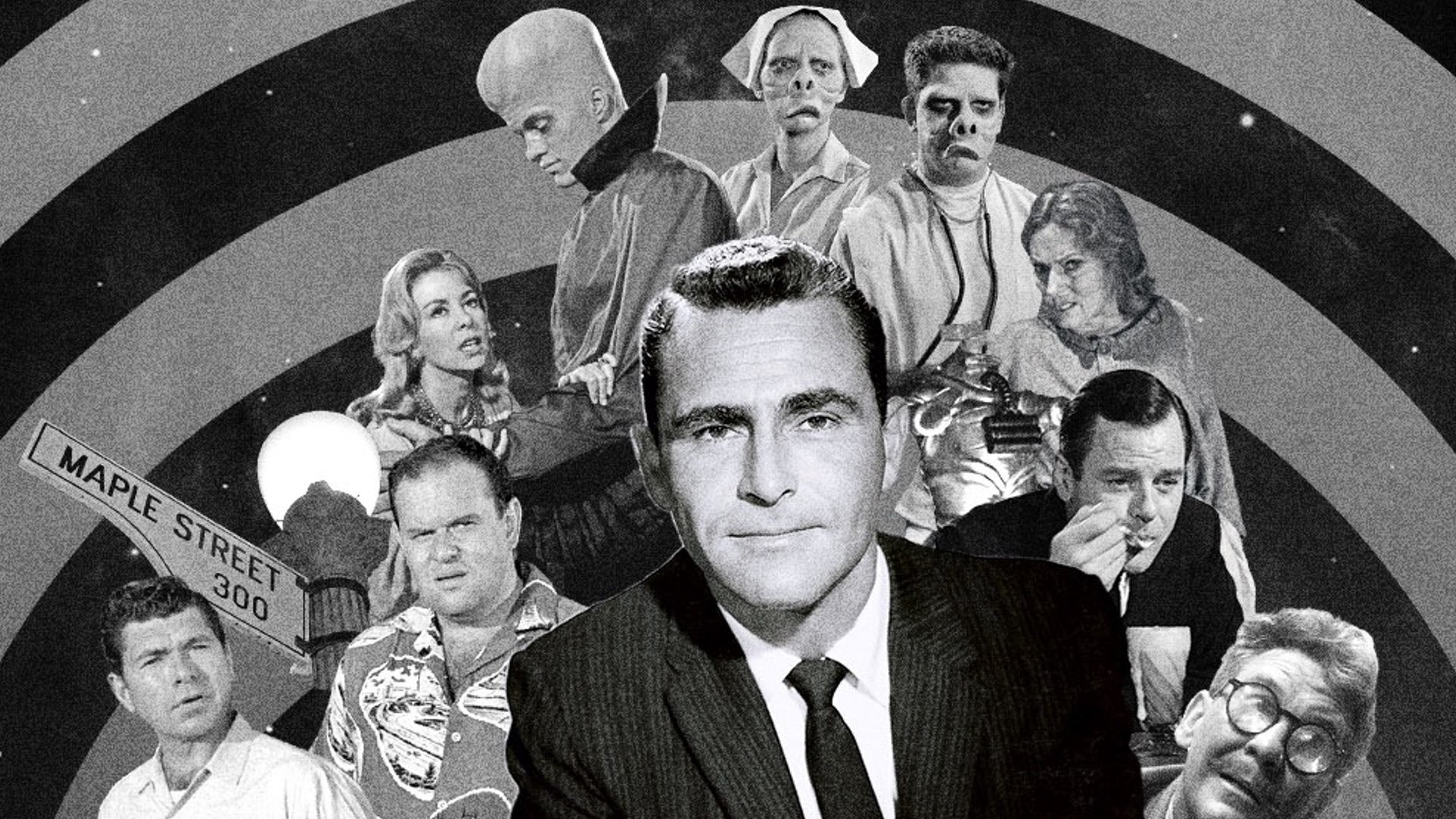THE SOPRANOS Creator David Chase Discusses THE TWILIGHT ZONE and The Impression it Had on Him
The Twilight Zone is my number one favorite TV series ever made. The series is a timeless masterpiece that transcends generations, with its thought-provoking and often eerie tales of the human experience, which are still relevant today.
Creator Rod Serling's genius lies in his ability to use science fiction and the supernatural to explore fundamental aspects of human nature, morality, and societal issues. The show's anthology format allows for a diverse range of stories, each with its own unique twist.
After all these years the show continues to inspire and resonate with viewers, reminding us of the awesome power of storytelling to challenge our beliefs and provoke self-reflection.
The Sopranos creator David Chase recently shared his thoughts on The Twilight Zone with Variety and discussed the impression that the show had on him as a storyteller. He wrote:
“The Twilight Zone” came on the air in 1959 — my freshman year in high school. And it made a mammoth impression. No one had ever seen anything like that. From the opening, where writer Rod Serling came out in his herringbone jacket with his cigarette and introduced the show: That, in itself, was entertaining. I just wanted to hear what Rod had to say about the mystery of the universe this time out.
Now, if you’re 13 years old, you could be easily scared by the stories “The Twilight Zone” told. But even now, as an adult, if you watch an episode, you would get the chills. Think about the episode “I Shot an Arrow Into the Air”: It depicts astronauts who the viewer believes have landed on an asteroid. The whole 30 minutes is taken up by the panic and violence between them — they’re squabbling over how much water they have, and only one survives, through murder. And it turns out, as he walks over the crest of the hill, that they’ve been on Earth the whole time. All the hatred and violence was for nothing. When I was 13, that blew my mind. They were there the whole time?! That was my introduction to the twist. My first writing lesson. Sure, you can make the case that a twist is one of the cheaper forms of art. But it just tore my brain up, and I never forgot it. I also believe it had something to do with the psychedelic revolution that happened later. Kids who watched it were somehow ready to accept what happens with LSD, or to be curious about LSD. Without “The Twilight Zone,” it might not have been such a revolution.
As I started to work professionally, I learned more about how to describe Serling’s work. The arguments the astronauts had touched on themes in American life, like all the episodes did, just like when Tony Soprano says, “I have the feeling I came in at the end.” That wasn’t about the Mafia. That was about this country. Or “Christopher,” the episode everyone hates: That’s about America at its ludicrous worst.
The years of “The Twilight Zone” were the beginning of life under the thermonuclear cloud. Then came the Cuban missile crisis. During “The Sopranos” it seemed like something was going downhill. As I worked, I gained a new appreciation for how rare a show like “The Twilight Zone” is. As interesting as Rod Serling was, I would love to get into the brains of the people at CBS who said OK to this series. I’ve been to thousands of meetings. TV was ruled by fear and greed, and the network executives, sorry to say, are often not that bright. So what happened with “The Twilight Zone”?
It had other impacts on my work. I dabbled in surrealism on “The Sopranos”: This is a show about a guy with a psychotherapist in an era of talk therapy. To me, dream sequences have to be a part of a show descended from Freud. It was thrilling to be there, spending money on shooting those things that were surreal. Along with Salvador Dalí (who I also discovered when I was 13), “The Twilight Zone” was in there. It was a total original.
Next favorite, Jackie Gleason.
You can share your own thoughts in The Twilight Zone below.
